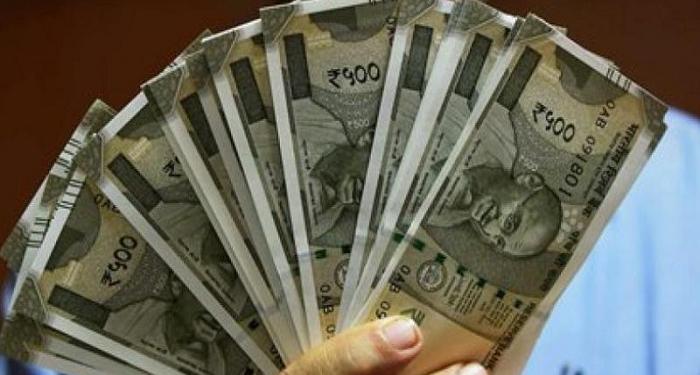According to a report by Association for Democratic Reforms (ADR), while most political parties have declared their annual income to the Election Commission of India (ECI) for the financial year 2017-18, the Congress party is yet to declare its funding and the source of it.
In its report, the ADR has revealed that the most common source of funding for the 6 national parties is from voluntary contributions for FY- 2017-18 (around 86.91% of the total income) and the most common expenses were the electoral, administrative and general expenses. In an earlier report, the ADR had disclosed that 69% of political funds are from unknown sources suggesting worrisome lack of transparency in political funding. In another report, the ADR had stated that a bulk of party funds can be attributed to corporate funding.
ADR has recommended in this report that any party not following the ICAI guidelines for auditing of reports should be scrutinized by the IT department. Also, their income should not be exempted from tax and defaulting parties should be de-recognized, they added. The National political parties must provide all information on their finances under the Right to Information Act. This will only strengthen political parties, elections, and democracy.
In order to ensure transparency in funding, the Supreme Court gave a judgment on September 13, 2013, declaring that no part of a candidate’s affidavit should be left blank. Along the same lines, the Election Commission India imposed a rule that no part of the Form 24A, submitted by political parties providing details of donations above Rs 20,000 should be left blank. All the political parties should give a full disclosure of all the sources of their funding and should be available for scrutiny under RTI act.
During FY- 2017-18, out of the 6 National Parties, only BJP declared receiving Contribution through Electoral Bonds. The National Parties include Bharatiya Janata Party (BJP), Indian National Congress (INC), Bahujan Samaj Party (BSP), Nationalist Congress Party (NCP), Communist Party of India (CPI), Communist Party of India (Marxist) (CPM) and All India Trinamool Congress (AITC). Electoral Bond is a verified mode of payment (similar to a promissory note) for making donations to political parties. These are issued by Commercial banks upon authorization from the Central Government. The intending donors can purchase Bonds by using cheque and digital payments only (not by hard cash). The bonds can be redeemed in the designated account of any registered political party within the prescribed time limit mentioned in the bond.
Introduction of #ElectoralBonds for political donations a welcome move by Shri @arunjaitley ji. Will bring substantial transparency in donations against the present system of contributions in the election funding mechanism. pic.twitter.com/b5iRIOFp4u
— Dr. C.N. Ashwath Narayan (ಮೋದಿ ಅವರ ಪರಿವಾರ) (@drashwathcn) January 3, 2018
The NDA government, through the introduction of electoral bonds, is aiming to cleanse the political funding domain and bring transparency in the process. However, the Congress party is stuck to its usual stand of abhorrence to transparency. As of December 17, the INC has not submitted its audit reports to the ECI, more than 48 days after the due date for submission, the report said. The due date for the submission of Income Tax Return (ITR) was 30th October.
























